

2019-02-28 12:39:00 Thu ET
federal reserve monetary policy treasury dollar employment inflation interest rate exchange rate macrofinance recession systemic risk economic growth central bank fomc greenback forward guidance euro capital global financial cycle credit cycle yield curve
New York Fed CEO John Williams sees no need to raise the interest rate unless economic growth or inflation rises to a high gear. After raising the interest rate 7 times since 2017 to 2.25%-2.5%, the Federal Reserve now keeps the economically neutral federal funds rate. This neutral interest rate helps restore healthy economic growth on the steady-state trajectory with low inflation when the economy operates near full employment. As of January 2019, the U.S. CPI inflation rate declines from 1.9% to 1.6% below the 2% target level as the U.S. unemployment rate continues to hover around the 3.7% historically low level.
As New York Fed CEO and Fed Vice Chair, Williams considers the current neutral interest rate to be in a good place. This monetary policy stance accords with the congressional dual mandate of price stability and maximum employment. After the most recent FOMC rate-hike holiday, Federal Reserve governors and presidents indicate their clear intention that it may be about time to end their 3-year drive to tighten monetary policy due to a cloudy U.S. economic outlook. This cloudy outlook arises from key complications such as the Sino-U.S. trade and government budget negotiations.
If any of our AYA Analytica financial health memos (FHM), blog posts, ebooks, newsletters, and notifications etc, or any other form of online content curation, involves potential copyright concerns, please feel free to contact us at service@ayafintech.network so that we can remove relevant content in response to any such request within a reasonable time frame.
2018-09-21 09:41:00 Friday ET
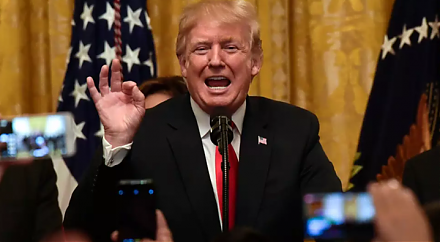
Former World Bank and IMF chief advisor Anne Krueger explains why the Trump administration's current tariff tactics undermine the multilateral global tr
2017-12-14 12:41:00 Thursday ET
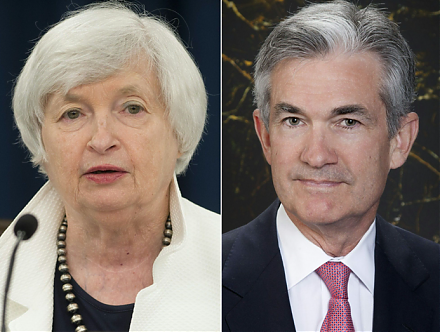
Federal Reserve raises the interest rate by 25 basis points to the target range of 1.25% to 1.5% as FOMC members revise up their GDP estimate from 2% to 2.5
2019-08-20 07:33:00 Tuesday ET
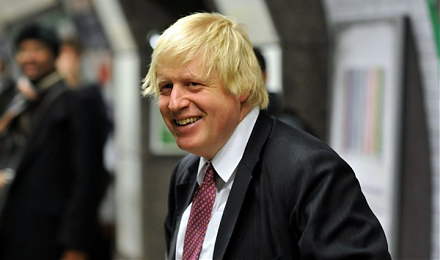
The recent British pound depreciation is a big Brexit barometer. Britain appoints former London mayor and Foreign Secretary Boris Johnson as the prime minis
2019-03-29 12:28:00 Friday ET
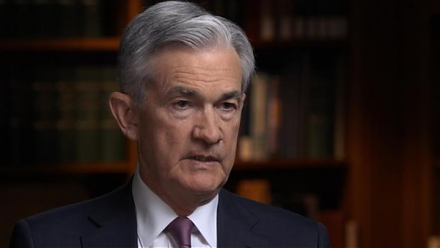
Federal Reserve Chair Jerome Powell answers CBS News 60 Minutes questions about the recent U.S. economic outlook and interest rate cycle. Powell views the c
2020-09-11 10:22:00 Friday ET
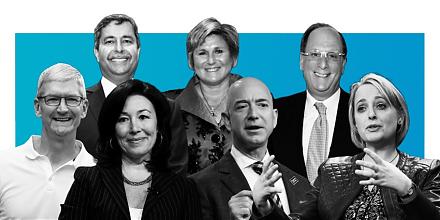
AYA fintech network platform provides proprietary alpha stock signals and personal finance tools. In recent times, we have completed our fresh website up
2018-06-17 10:35:00 Sunday ET
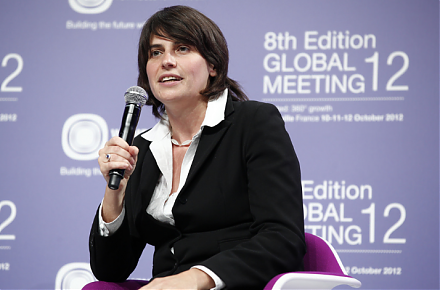
In the past decades, capital market liberalization and globalization have combined to connect global financial markets to allow an ocean of money to flow th